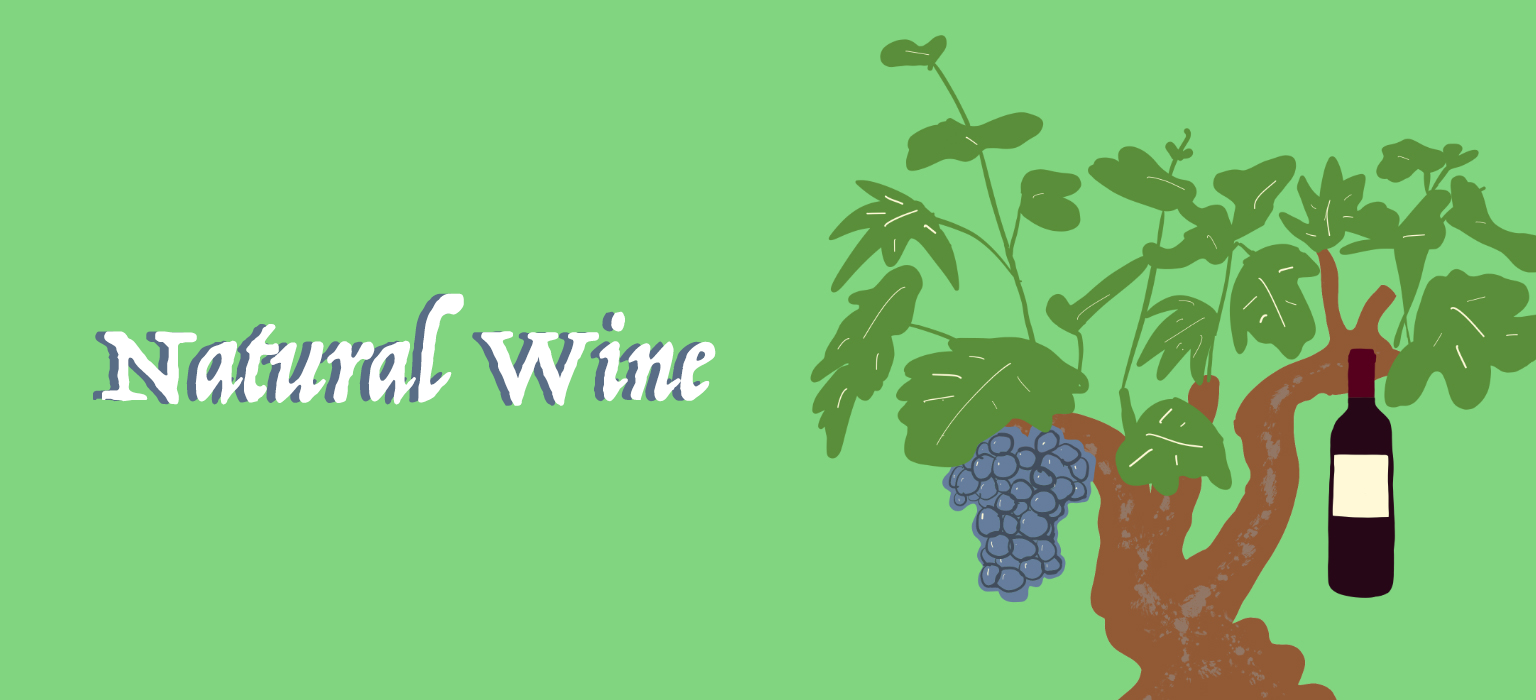Point of Origin Episode 15
Natural Wines - Part 2
Oh natural wine. Not so long ago, wine was just…wine. But over the last decade, this new, natural qualifier has been a source of inspiration, and in some cases, oddly, ire.
So what is it? It is a philosophy, a non-interventionist approach to winemaking and grape growing in which nothing is added to the process. Instead, the wine is left alone, resulting in a distinct range of smells and tastes often described as sour, funky, fizzy, or even sulfury.
Natural winemaking isn’t just good for the individual character of the wine (homogenous global standards are increasingly less desirable), but also, the planet. At its core, the natural wine movement is an environmental movement. All this time, what we imagined was just wine, was full of stuff that was definitely not, like added sugar, tartaric acid and even fish bladder.
It’s such a big topic in fact, that we’ve dedicated two weeks to the subject.
In part 2, we talk to New York-based Wine Director, Amanda Smeltz to discuss the benefits, and positive trends that have arisen from the natural wine movement, but also the issues with the label, and how it fits into the global market of winemaking.
Available on Apple Podcast, Spotify, & iHeartRadio
You may be wondering…. isn’t wine just grapes?
Natural Wine vs Traditional Wine
Image Credit: Quentin Lebeau
Natural Wine
Grapes are left alone, without the addition of pesticides or herbicides.
Grapes are generally handpicked.
The naturally occurring yeast in the air, and on the grapes is used to turn the sugar into alcohol. Some wineries add small traces of sulfur, while others choose to add nothing.
Most natural wines are not left to age, due to their lack of preservatives, but rather enjoyed young.
“Conventional” Wine
Grapes are generally sprayed with pesticides and herbicides.
Often a machine is used to pick grapes.
Yeast, sulfites, preservatives, and more are added to modify the composition of the wine, affecting the flavor, acidity, alcohol levels, and ability to maintain all of this over time.
Most traditional wines are left to age and evolve, with the help of preservatives that are added.
The Three Components of Wine
Voiced by Jared Brandt (Donkey and Goat)
Illustrated by Quentin Lebeau
Jared Brandt, of Donkey and Goat Winery, describes the three components of wine in a conversation with Whetstone Producer, Celine Glasier.
FAQ of Natural Wine
Image Credit: Quentin Lebeau
Does it taste different?
Natural wine will have a different flavor than traditional wine. By allowing the process of winemaking to occur without any interruption, the wine is best able to capture the flavor of the Terroir.
Terroir: the complete natural environment in which a particular wine is produced, including factors such as the soil, topography, and climate.
This means that location/geography places a much more valuable role in the final product of the wine. In traditional winemaking, wineries are able to adjust the flavor, acidity, and other components, to best suit what they’re trying to create. In natural winemaking, the flavor of the land will be a key component of the final product.
How do the alcohol levels compare?
Natural wine will generally have lower alcohol levels. In many traditional wines, sugar is added to speed up fermentation and increase alcohol percentage. However, in natural wine, no sugar is added, thus the naturally occurring yeast doesn’t create as much alcohol content.
Is there a label for “Natural Wines”, like those found on organic food labels?
Currently there is no label for natural wines. Many wineries use their own phrasing to signify their winemaking practices, but there is no formal, regulated or governmental means of proving it.
Amanda Smeltz
Featured in Point of Origin: Episode 15
Image Credit: https://daily.sevenfifty.com/author/amanda-smeltz/
Amanda Smeltz is New York based sommelier who currently works as a Wine Director at both ESTELA and Cafe Altro Paradiso. Amanda is also a poet, and the author of the book: Imperial Bender.




